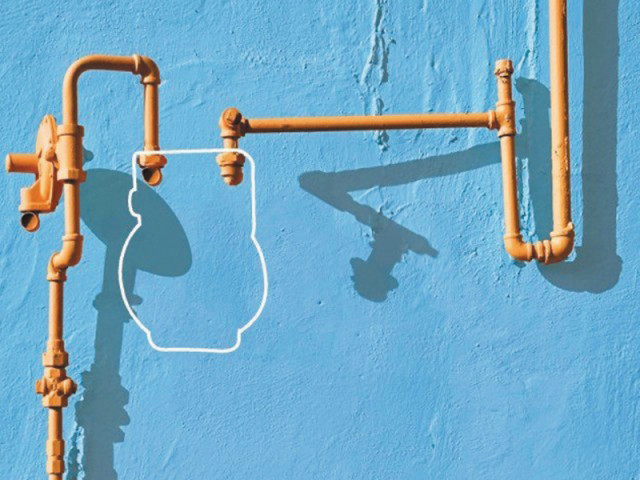Sindh to challenge ECC decisions in Supreme Court
Objects to increase in UFG ceiling, cancellation of Mari’s price deal.

The Sindh government has decided to file two separate petitions in the Supreme Court to challenge the Economic Coordination Committee’s (ECC) decisions that allowed the determination of natural gas prices after increasing the unaccounted-for-gas (UFG) ceiling and cancellation of the gas price mechanism for Mari Petroleum.
This was decided in a meeting presided over by Chief Minister Syed Qaim Ali Shah at the CM House here on Wednesday.
Briefing the meeting, Sindh Minister of Finance and Energy Syed Murad Ali Shah pointed out that the federal government, without consulting the province, agreed to increase the UFG ceiling, which covered gas theft and leakage, from 4.5% to 9% on ECC’s recommendation. However, he said, after the 18th Amendment to the Constitution, the matter fell within the purview of the Council of Common Interests (CCI).

This step, he feared, would cause a huge financial loss to the province in gas development surcharge if the centre did not increase consumer prices of gas proportionately.
In the case of Mari Petroleum Company too, the province protests it has not been taken on board. The federal government has decided to change the company’s gas pricing agreement by switching from the current cost-plus formula to the one based on crude oil prices.
Shah pointed out that until now the centre was bearing all expenses of Mari Petroleum and receiving gas at a cost of $0.73 per million British thermal units (mmbtu), but after linking it with crude oil the production cost would rise to $1.87 (Rs187) per mmbtu.
This change in the pricing mechanism would eat up Sindh’s revenues, estimated at Rs64 per mmbtu, on account of gas development surcharge.
Shah also raised the issue of Sindh’s share in the gas infrastructure development cess collections from 2011. The federal government had been planning to spend the amount on the Pakistan-Iran gas pipeline project, which was challenged by the Khyber-Pakhtunkhwa government in the Peshawar High Court.
In its judgment, the court declared it illegal since the decision was neither passed from the Senate nor included in the Finance Bill. The Supreme Court too upheld the Peshawar High Court’s decision.
According to a rough estimate, Shah said, between Rs100 and Rs135 billion had so far been collected as infrastructure cess. It had not been collected from the companies but was charged from the consumers, therefore, the amount could not be returned back to the companies. “Provinces should have the right to demand the cess as per their share.”
Chief Minister Syed Qaim Ali Shah said Sindh would not compromise its constitutional right in any field and told the officers to prepare summaries separately and approach the Supreme Court after consulting eminent lawyers and the Sindh Advocate General.
Published in The Express Tribune, January 1st, 2015.
Like Business on Facebook, follow @TribuneBiz on Twitter to stay informed and join in the conversation.



















COMMENTS
Comments are moderated and generally will be posted if they are on-topic and not abusive.
For more information, please see our Comments FAQ